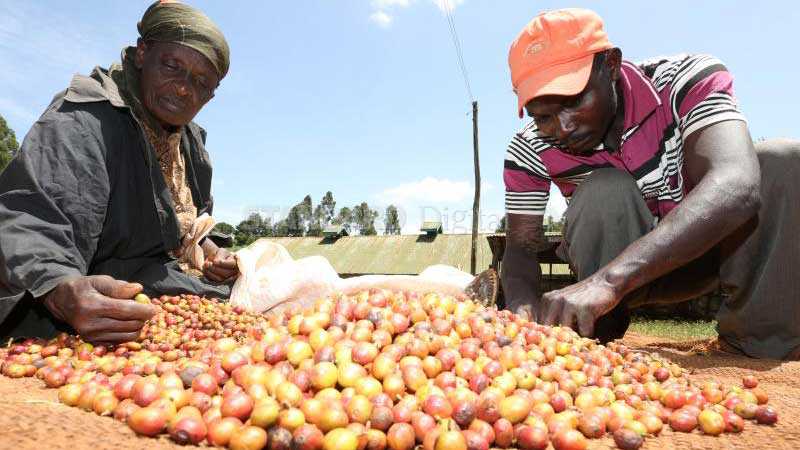×
The Standard e-Paper
Smart Minds Choose Us

Coffee farmers will soon start receiving 40 per cent of the value of their produce immediately they deliver their cherries to factories.
According to the Agriculture and Food Authority (AFA), the Government is currently piloting the cherry advance payments together with the Meru County Government through the Co-operative Bank. The model will then be replicated in all other coffee-growing areas.